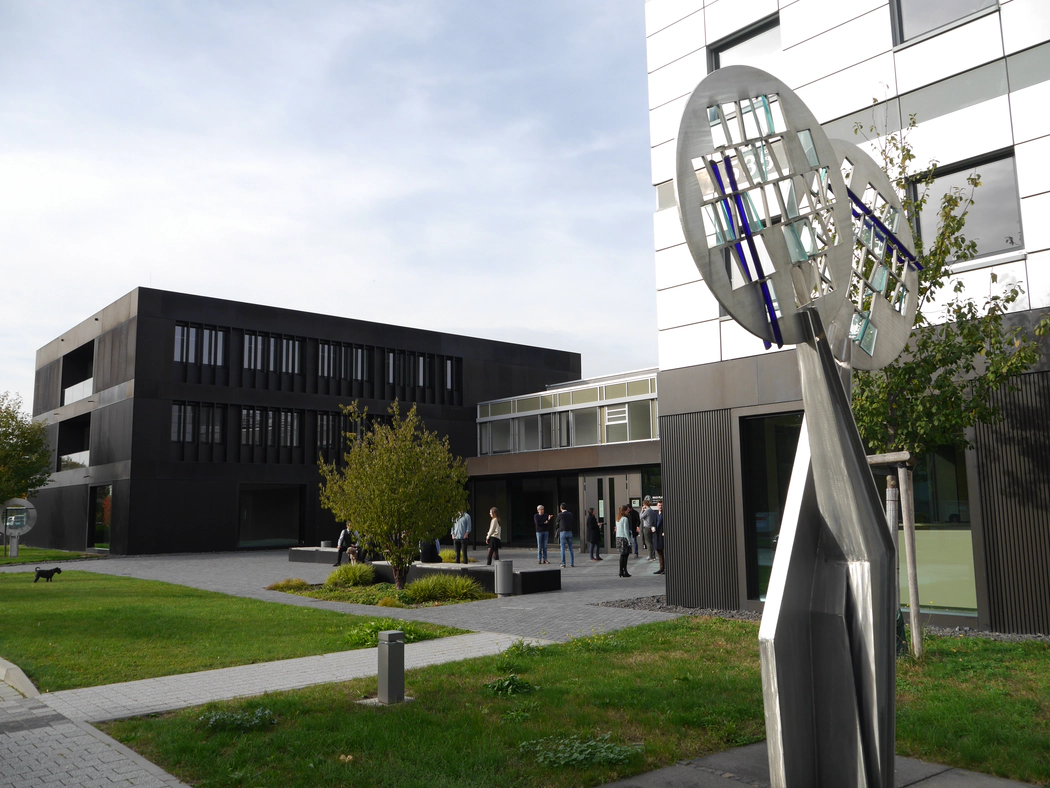Why Do We Need a Global Animal Law?
DOI:
https://doi.org/10.21036/LTPUB10534Researcher
Anne Peters is Director at the Max Planck Institute for Comparative Public Law and International Law Heidelberg (Germany), and a professor at the universities of Heidelberg, Freie Universität Berlin, Basel (Switzerland), and a L. Bates Lea Global Law professor at the Law School of the University of Michigan. She is a member of the Permanent Court of Arbitration and an associate member of the Institut de Droit International. She was a member (substitute) of the European Commission for Democracy through Law (Venice Commission) in respect of Germany (2011-2015) and a legal expert for the Independent International Fact-Finding Mission on the Conflict in Georgia (2009). Anne Peters was President of the German Society of International Law (DGIR) from 2019-2023. She was also President of the European Society of International Law (2010-2012) and has served on the governance board of various learned societies such as the German Association of Constitutional Law (VDStRL) and the Society of International Constitutional Law (I CON-S).

Original Publication
Introduction to Symposium on Global Animal Law (Part I): Animals Matter in International Law and International Law Matters for Animals
Anne Peters
Published in
Tierwohl als globales Gut: Regulierungsbedarf und -chancen
Anne Peters
Published in
Global Animal Law: What It Is and Why We Need It
Anne Peters
Published in
Citation
Anne Peters,
Latest Thinking,
Why Do We Need a Global Animal Law?,
https://doi.org/10.21036/LTPUB10534,
Credits:
© Anne Peters
and Latest Thinking
This work is licensed under CC-BY 4.0
